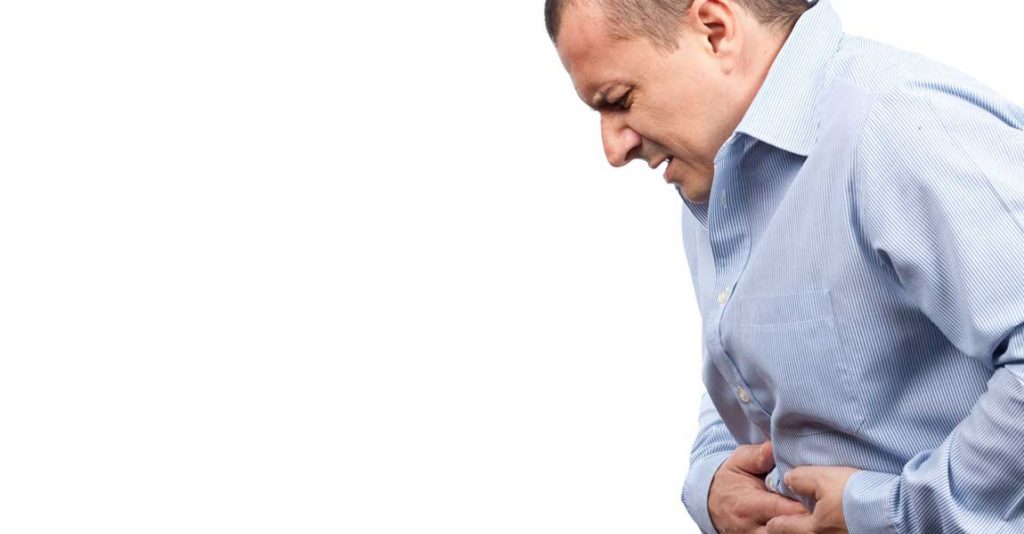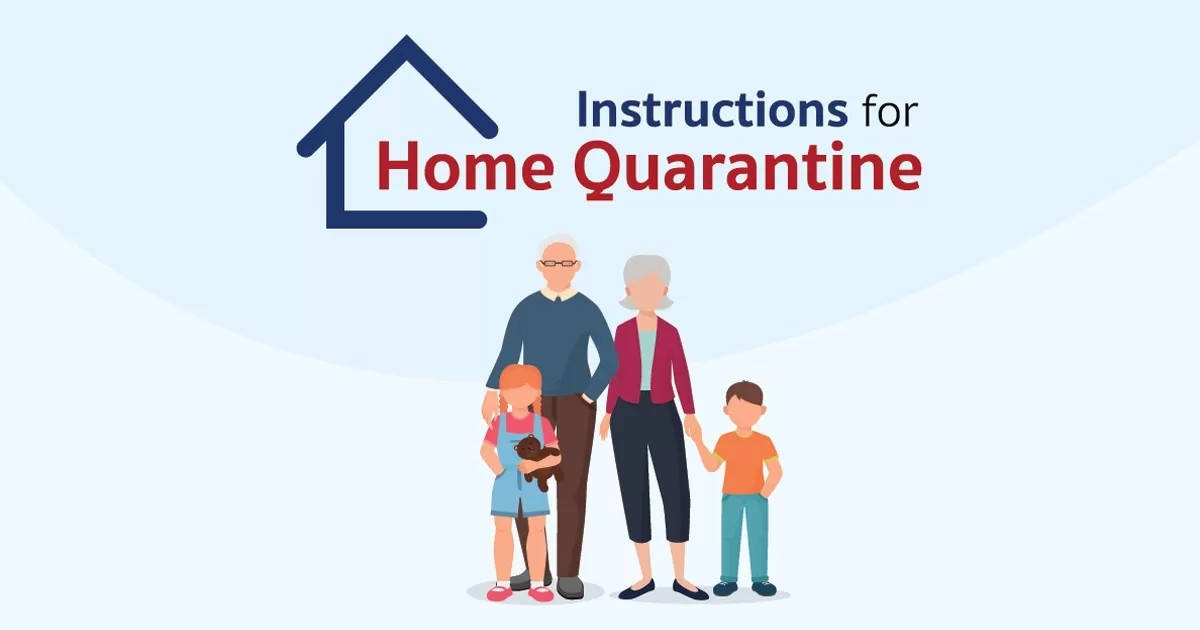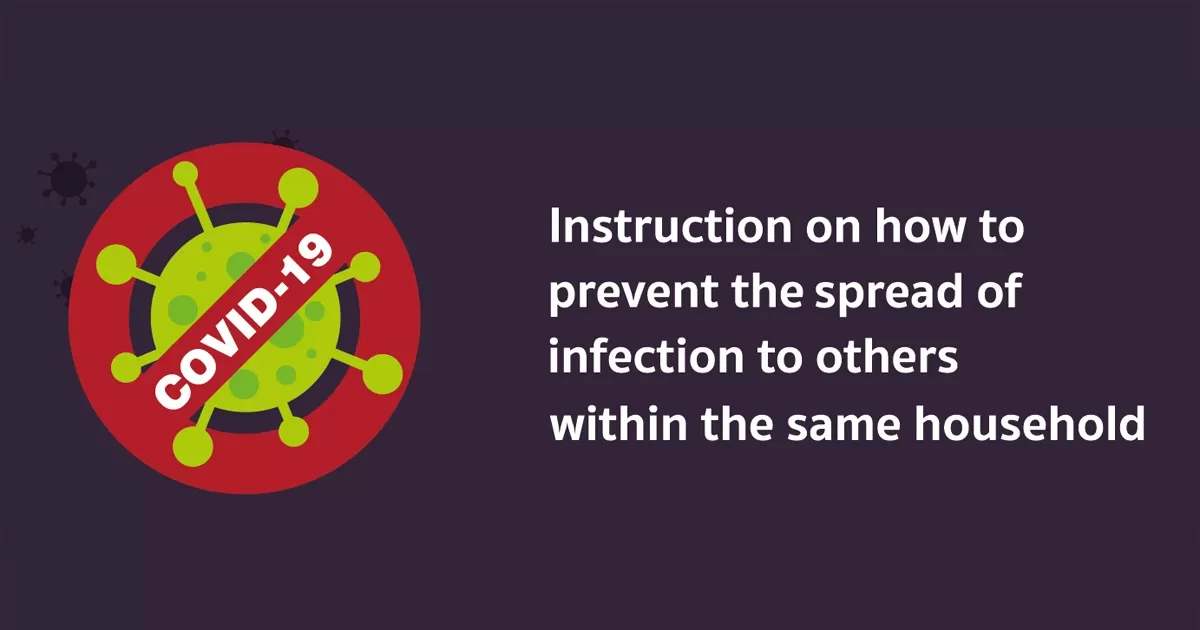
Cholera
Home > Health Info > Health Articles

Cause
Vibrio cholerae bacteria of serogroups O1 and O139
Transmission
Infection occurs through ingestion of food or water contaminated directly or indirectly by faeces or vomitus of infected individuals. Cholera affects only humans; there is no insect vector or animal reservoir host.Nature of the disease
An acute enteric disease varying in severity. Most infections are asymptomatic (i.e. do not cause any illness). In mild cases, acute watery diarrhoea occurs without other symptoms. In severe cases, there is sudden onset of profuse watery diarrhoea with nausea and vomiting and rapid development of dehydration. In severe untreated cases, death may occur within a few hours due to dehydration leading to circulatory collapse.Geographical distribution
Cholera occurs mainly in low-income countries that lack adequate sanitation and clean drinking-water and in war-torn areas where the infrastructure may have broken down. Many developing countries are affected, particularly in Africa and Asia and, to a lesser extent, in central and South AmericaRisk for travellers
The risk for most travellers is very low, even in countries where cholera epidemics occur, provided that simple precautions are taken. However, humanitarian relief workers in disaster areas and refugee camps may be at risk.General precautions
As for other diarrhoeal diseases, the consumption of potentially contaminated food, drinks and water should be avoided. Oral rehydration salts (ORS) should be carried to combat dehydration and electrolyte depletion in case of severe diarrhoea (Chapter 3). Cholera vaccination is not required as a condition of entry to any country
Post Views: 2,597
Share :




